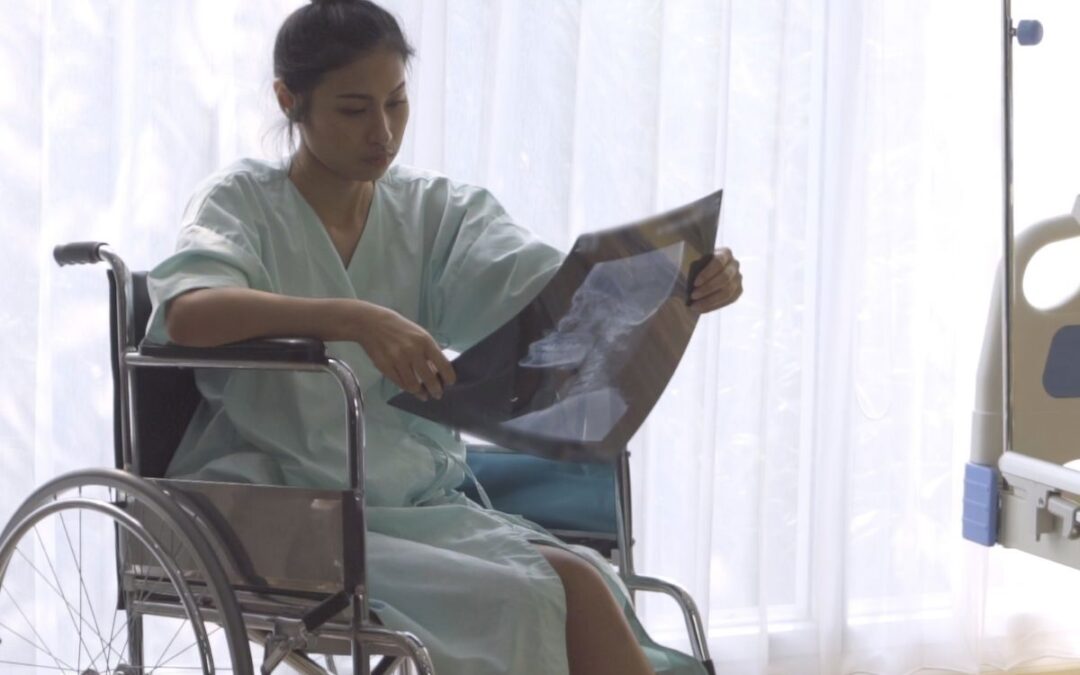Every year, thousands of Americans sustain traumatic brain injuries in car accidents, workplace accidents, and slip and fall accidents. Traumatic brain injuries are often life-altering, and many people who experience them do not know what to expect. Learning more about traumatic brain injuries is an important part of the patient’s recovery process and his or her family’s caregivers. Every traumatic brain injury is unique and comes with different symptoms, but there are many commonalities when it comes to recovery.
You are Not Alone
Experiencing a traumatic brain injury can be incredibly isolating. Many traumatic brain injuries happen unexpectedly due to a blow to the head or something penetrating a person’s brain tissue, such as a bullet. Many people wake up in the hospital, only to discover they have experienced a traumatic brain injury. They may not be able to remember all of the circumstances that led to their injury.
If you have experienced a traumatic brain injury, it is essential to understand that you are not alone. Traumatic brain injuries are one of the leading causes of disability and death in the United States. They contribute to 30% of all deaths caused by injuries. In 2014, there were approximately 2.87 million emergency room visits and hospitalizations involving a traumatic brain injury. You are not alone, and there are many support groups and online communities dedicated to victims of traumatic brain injuries and their loved ones.
Treatment After a TBI
The treatment immediately after your traumatic brain injury will depend on how it happened. If you have suffered a concussion in an accident, you will likely be transported to the hospital for further evaluation. If you are unconscious due to an accident or blow to the head and you are taken to the hospital, doctors will immediately assess your condition.
Doctors want to make sure that your brain is receiving enough blood flow and oxygen. If necessary, they will give you breathing support and medication to prevent blood clots, reduce your seizure risk, and increase your alertness. In severe cases, surgeons may need to repair your skull fractures and remove damaged brain tissue. They may need to relieve pressure from a buildup of blood in your brain.
After stabilizing your condition, your doctor will discuss the symptoms you continue to have. You will likely need to undergo rehabilitation with a team of doctors, nurses, speech-language pathologists, occupational therapists, and dietitians to help you regain your lost functions. They can also help you compensate for the functions you have lost. You may be wondering how long it will take for you to recover fully or if you will fully recover. There is no exact answer, and your recovery will depend on your unique injuries.
Traumatic Brain Injury: Contact a Missouri TBI Lawyer
Have you experienced a TBI due to another person’s negligence or recklessness? If so, you may be entitled to compensation for your injuries. Contact the brain injury lawyers at Griggs Injury Law today to schedule your free initial consultation.


